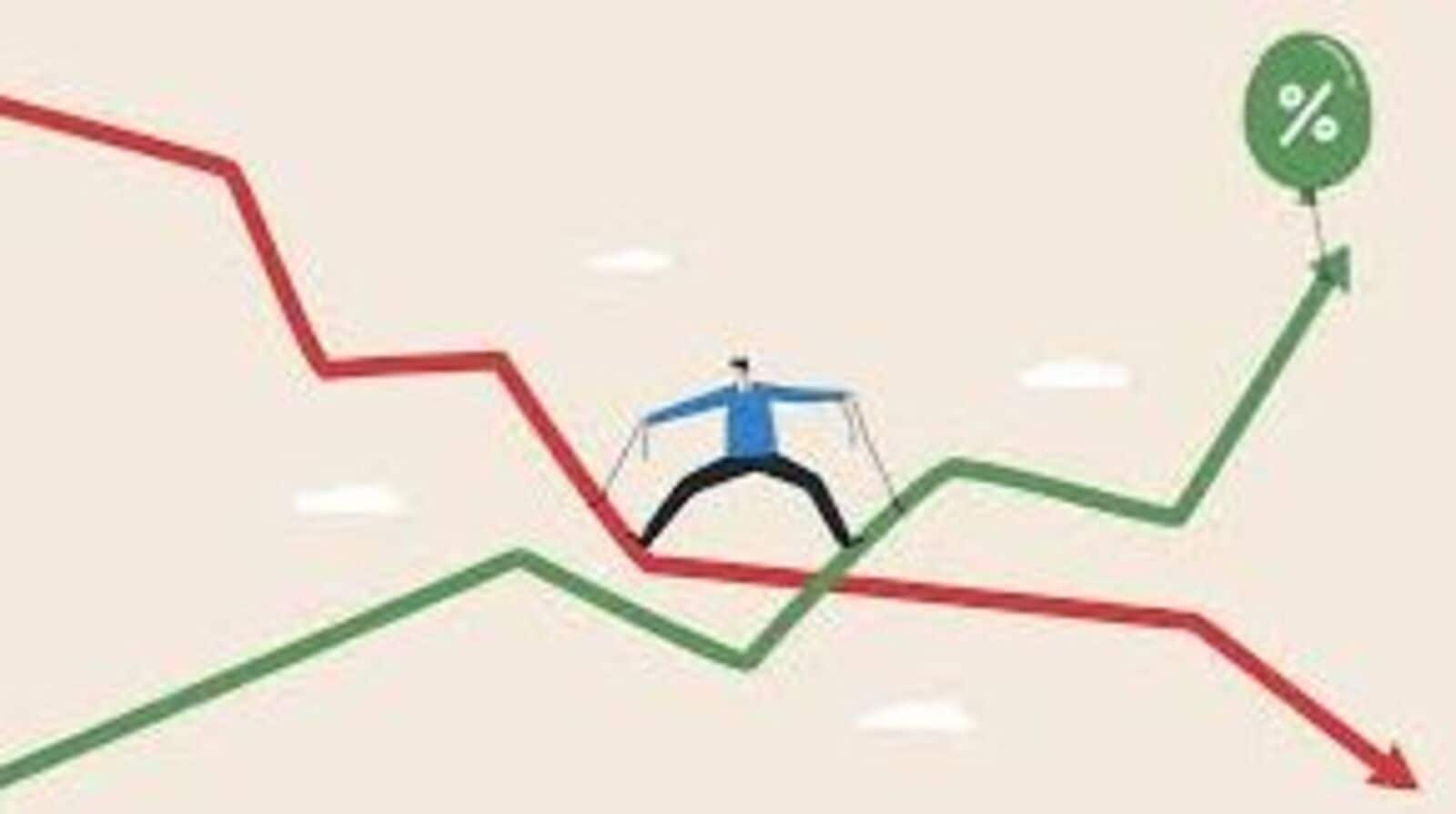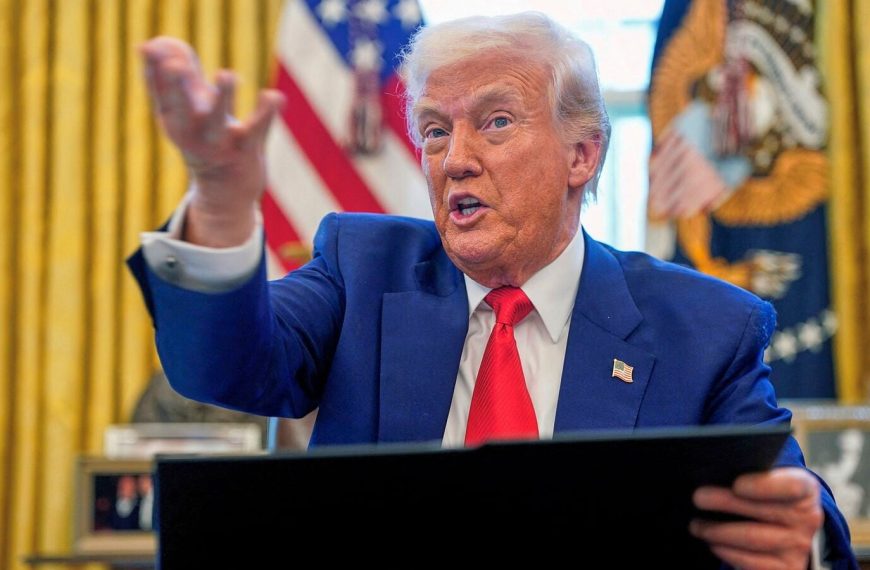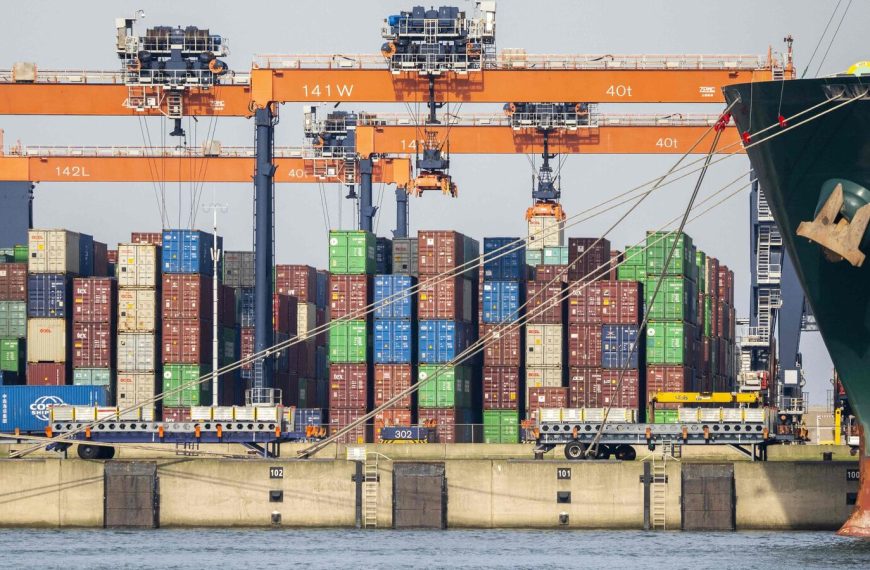In a recent poll, analysts predict that the European Central Bank (ECB) may implement additional rate cuts in April and June, following a series of six reductions. However, this time around, the anticipated deposit rate is expected to stabilize at 2% until the end of the survey period, a slight adjustment from previous expectations of a drop to 1.75% by March 2026. This change in sentiment is closely tied to the strategic plans of European governments to significantly amplify investments in defense.
Economic Growth and Inflation Concerns
The push for increased military spending, particularly by Germany, aims to rejuvenate sluggish economic growth while also raising concerns about rising inflation. Germany’s commitment to modernizing its outdated infrastructure with substantial financial investments is a noteworthy factor. According to Marco Wagner, an economist at Commerzbank, this heightened expenditure is likely to intensify inflationary pressures by late 2026.
- Key factors influencing inflation:
- Increased military outlays
- Infrastructure redevelopment in Germany
- Potential economic growth from fiscal spending packages
Diverging Views Among Economists
Despite these developments, opinions among economists are divided. Robert Holzmann from Austria cautioned in a recent interview that the ECB should refrain from making hasty decisions in upcoming meetings, hinting at the possibility of future rate increases. In contrast, Olli Rehn from Finland suggested that the ECB might not need to slow its easing measures.
Market Reactions and Economic Projections
Market sentiment has shifted, with investors reducing their expectations for monetary easing this year. Currently, they anticipate one or two rate cuts, including a possible pause in April. Economists continue to project that the euro-zone economy will gain traction, forecasting growth rates of 0.9%, 1.2%, and 1.5% over the next three years, aligning closely with the ECB’s own outlook.
- Economic growth predictions for the euro-zone:
- 2025: 0.9%
- 2026: 1.2%
- 2027: 1.5%
On the flip side, concerns about potential tariffs are casting a shadow over these optimistic forecasts. Inflation is projected to hover around 2.2%, 2.0%, and 2.1% from 2025 to 2027, indicating a slight uptick compared to earlier estimates.
In summary, while the ECB is poised for potential rate cuts, factors such as increased defense spending and economic reforms in Germany could lead to rising inflation, complicating the central bank’s decision-making process in the coming years.











